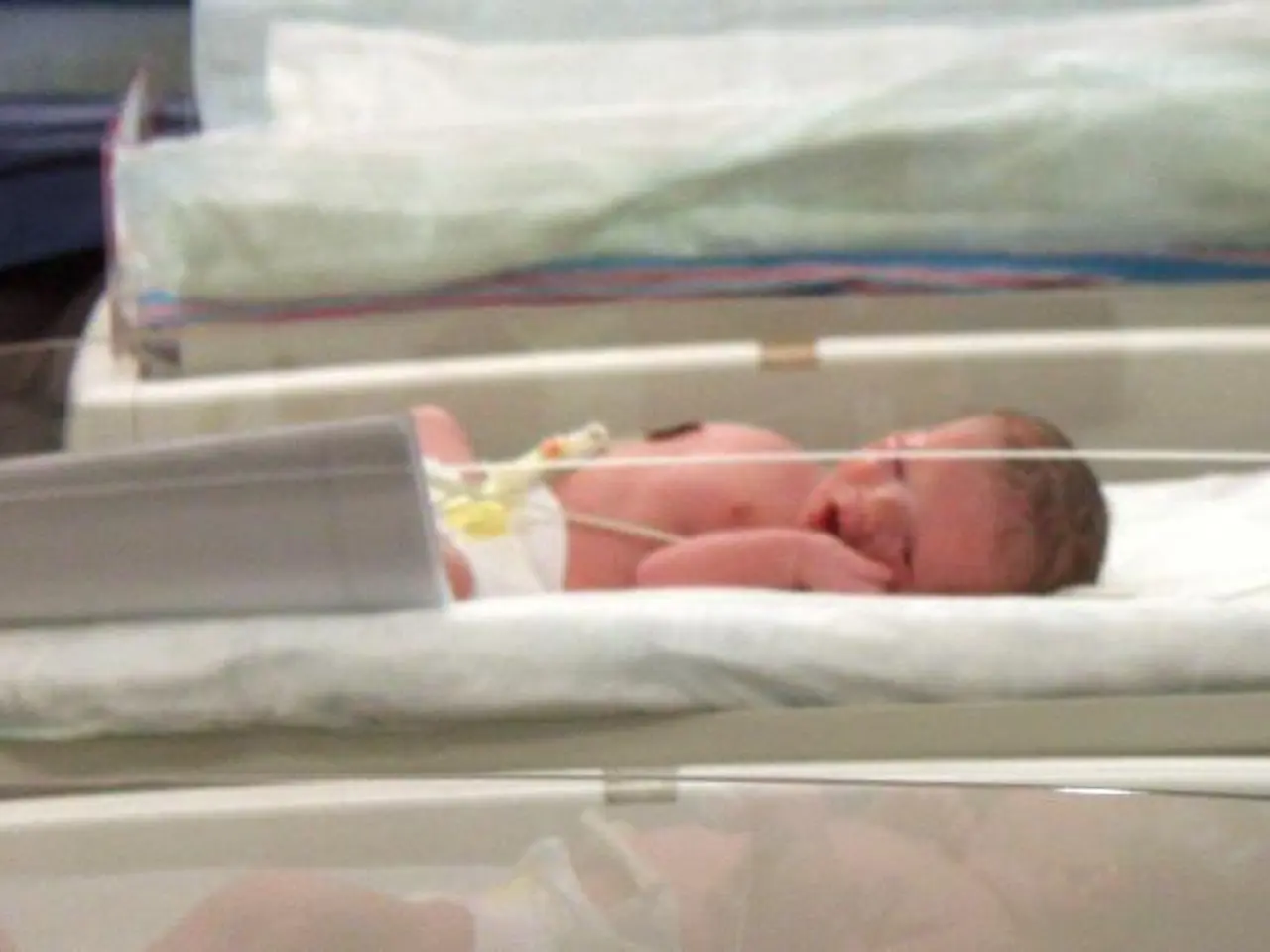What Parents Can Expect in the NICU After Birth
After delivery, newborns are typically transferred to the Neonatal Intensive Care Unit (NICU) for stabilization and monitoring. Here's what parents can expect during this crucial time.
Initially, parents are not allowed in the NICU to ensure staff can complete procedures swiftly and efficiently. The NICU team examines the baby's condition, stabilizes breathing and oxygen levels, and obtains blood samples for testing. Intravenous (IV) fluids are started to provide a constant supply of nutrients. A chest x-ray may be performed if the baby is having trouble breathing or needs extra oxygen. Routine treatments, such as vitamin K injection and antibiotic ointment in the eyes, are administered.
Within 60 to 90 minutes, the NICU team meets with parents for the first conversation. This interdisciplinary discussion, usually led by a neonatologist and a nurse, provides parents with clear information about their baby's condition, answers their urgent questions, and offers practical advice. The conversation covers the baby's medical state, planned measures, and prognosis. Parents also receive practical and organizational information, such as visiting hours, hygiene rules, and opportunities for skin-to-skin contact (kangarooing) and breastfeeding support. Depending on the situation, psychosocial services, social workers, or spiritual caregivers may also participate to offer emotional support.
The first conversation in the NICU is a critical moment for parents, providing them with vital information and setting the foundation for trust and collaboration with the care team. It's an interdisciplinary effort, often involving doctors and nurses working together to ensure parents understand their baby's condition and the care plan.
Read also:
- Rise in Flu Cases: Timing and Reasons Explored by Medical Experts for Flu Vaccination
- Nursing Infants: Advantages, Factors to Ponder, Guidelines, Essential Gear
- Anticipated Increase in Uninsured Residents to Pose Challenge for Local Healthcare Infrastructure
- Accusations of poor care and supposedly poor hygienic standards at LaSalle Hospital




